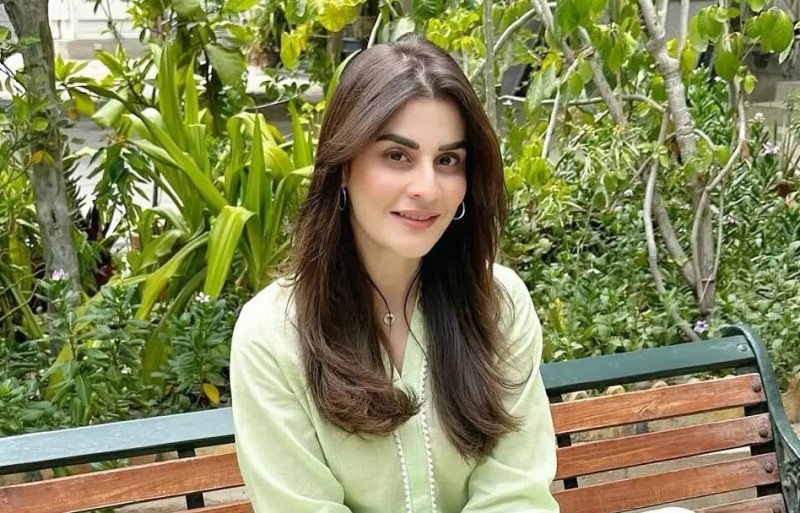In a candid interview with Fuchsia Magazine, actor Amna Malik, currently acclaimed for her role in the drama Jama Taqseem, drew from her personal history to discuss how women experiencing miscarriages often lack the sustained empathy they require. She observed that while people offer initial condolences, they quickly “expect you to try again in three months.”
Having endured three miscarriages herself, Malik revealed to interviewer Rabia Mughni that she was compelled to find her own strength and persevere when support from others faded. She shared that her mother, initially a source of comfort, eventually began echoing the societal pressure for her to attempt another pregnancy.
The actor expressed dismay at the gendered nature of people’s reactions, noting that her first two miscarriages, which involved male fetuses, elicited greater sorrow. She recounted people telling her, “What’s gone is gone, but you lost a son? How sad,” implying that the loss of a daughter would have been met with less grief.
When asked if this preference for sons led to resentment toward her own daughters, Malik clarified that she was raised in a family of four girls who were deeply cherished by their father, which prevented her from ever believing sons were superior.
Offering advice to other women in similar situations, Malik emphasized self-care first. She stated that if a woman’s husband is supportive, there is no obligation to risk another pregnancy. She pointed out that parenting is a relentless responsibility, and those urging couples to have more children are seldom the ones who will help care for them. The more serious challenges, such as hospital visits and childhood illnesses, she added, invariably fall on the parents alone.
“If God is delaying something, don’t try to rush things,” she advised. “Sure, give it a shot, but it’ll happen when God wills it; don’t succumb to [social] pressure.”
Reflecting on her fifth pregnancy, which resulted in the birth of her second child, Malik described carrying the baby with constant anxiety. She confessed to visiting the hospital daily to check for the fetus’s heartbeat, becoming so recognizable that the staff eventually stopped questioning her reasons for being there.
Malik credited her entry into the entertainment industry with helping her cope. After her miscarriages, the stress impaired her focus, forcing her to leave her job as a kindergarten teacher. She found that working in commercials provided a therapeutic outlet, which she believes later contributed to her ability to carry a pregnancy to term.
Although she did not seek therapy immediately after her miscarriages, Malik later did so on her psychology-student daughter’s recommendation. She attested that therapy guided her through a “very dark time” and helped her manage profound pain, urging others to destigmatize mental health support by asserting that “people who go to therapy aren’t crazy.”
Returning to the subject of spousal support, Malik was asked about potential pressure from in-laws to have a son. She asserted that husbands must be supportive of their wives, adding that if they can relay their parents’ wishes to their spouse, they should also be able to convey their wife’s perspective to their parents. She advocated for a balanced relationship built on mutual compromise.
While she believes women should adapt to their new homes after marriage, she also criticized the common practice where a daughter’s parents refuse to intervene or offer help when she needs it.
On a professional note, Malik expressed great satisfaction with her acting career, detailing her current role in Jama Taqseem. She explained that her character, Rashida, is driven by a fear that her worth—and by extension, her children’s standing—in the household is contingent on her servitude, leading her to prioritize the family over her own kids. The actor also announced an upcoming project with HUM TV that she is eagerly anticipating.














